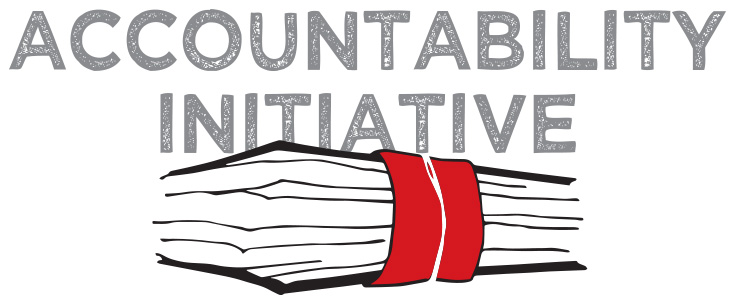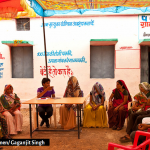
The Curious Case of Unspent Funds
8 March 2010
Every year the week before and after the budget, debates across all media channels and civil society tend to focus on “allocations” – how much money has been allocated for Sarva Shiksha Abhiyan? What is the jump in allocations for rural development? How much is health getting? But amidst the outcry on allocations, the most important question that seems to get lost is, how was last year’s money actually spent?
A week before the budget was announced, newspapers carried a startling finding by the Comptroller and Auditor General – that “Rs. 1 lakh crore budget funds go unspent every year”. But in the midst of the attention given to allocations, the story and along with it the attention towards unspent funds, somehow disappeared.
According to the CAG report, in 2007-08, under 97 grants of civil ministries, there was an unspent provision of Rs. 1,08,000 crore. The report was based on the findings by the Comptroller and Auditor General (CAG) based on the accounts of 2005-2007. The following table from the Times of India (TOI) summarizes some of the CAG findings. For those interested in going deeper into the report, click here
 Unspent funds are indeed a curious thing and broadly there are a few things that continue to perplex me and may be some of the keys to this mystery.
Unspent funds are indeed a curious thing and broadly there are a few things that continue to perplex me and may be some of the keys to this mystery.
First, The Flow of Funds:
In recent years, there has been a paradigm shift in the Union Government’s strategy for implementation of flagship programmes and other centrally sponsored schemes (CSS) for poverty alleviation, health care, education, employment, sanitation etc. Most of these schemes were initially implemented on a cost sharing basis with transfer of central share to state government. Now, the Union Government has started transferring their share directly to state/district level autonomous bodies, societies and ngos for implementation of CSS without devolving funds through the state government accounts.
As the CAG report states, “For the year 2007-08, Union Government made a provision for transfer of central plan assistance of Rs. 51259.85 crore (as per revised estimates) directly to these state/district level societies…. Expenditure in the accounts of these implementing agencies is kept outside Government accounts not readily ascertainable.” So basically, we have no real idea about the amount of actual expenditures being undertaken and even the expenditure reflected in the accounts is to that extent, overstated. How will we develop proper mechanisms to monitor these flows of funds? If “society” funds are outside the ambit of the government accounts – where is the transparency?
Second, Timings of disbursements:
Why is it that funds continue to be released in the last few quarters of the financial years? In education, 63% of SSA funds were spent in the second half of FY 2008-09. Even the CAG report noted delays in funds in FY 2007-08. The table below summarizes some of their findings:
 What is worse is that we don’t seem to have learnt from past mistakes. According to the TOI report, even the Union Government’s monthly accounts for the current year, reveal that some of the ministries’ expenditure till December 2009 was not more than 50% of the annual budget, though only 3 months remained for the end of the financial year. All this is despite the fact that on the Public Accounts Committee’s recommendations, the Ministry of Finance issued instructions to all Ministries/Departments to restrict their expenditure during the last quarter of the financial year to 33% of the budget amount.
What is worse is that we don’t seem to have learnt from past mistakes. According to the TOI report, even the Union Government’s monthly accounts for the current year, reveal that some of the ministries’ expenditure till December 2009 was not more than 50% of the annual budget, though only 3 months remained for the end of the financial year. All this is despite the fact that on the Public Accounts Committee’s recommendations, the Ministry of Finance issued instructions to all Ministries/Departments to restrict their expenditure during the last quarter of the financial year to 33% of the budget amount.
Finally, Trends:
Why is it that some states spend more than others? For example in FY 2007-08, while Rajasthan and Chhattisgarh spent over 90% of the allocated funds for SSA, Madhya Pradesh and Bihar spent 57% and 42% respectively. Similarly in health, in FY 2008-09, Madhya Pradesh and Uttar Pradesh spent more than 90% in FY 2008-09, while Bihar spent 66% and Orissa spent 75% of total funds available.
And finally, is it easier to incur expenditure on some items more than others? or why do some expenditure items get spent more than others? Why do untied grants in National Rural Health Mission hardly get spent (Bihar spent 11% and Himachal Pradesh spent 37% of untied funds available). In education, why is it that items like infrastructure and teacher salaries get spent more than teacher trainings or innovation grants?
I don’t have the answers, but it’s time we at least start asking the questions!





